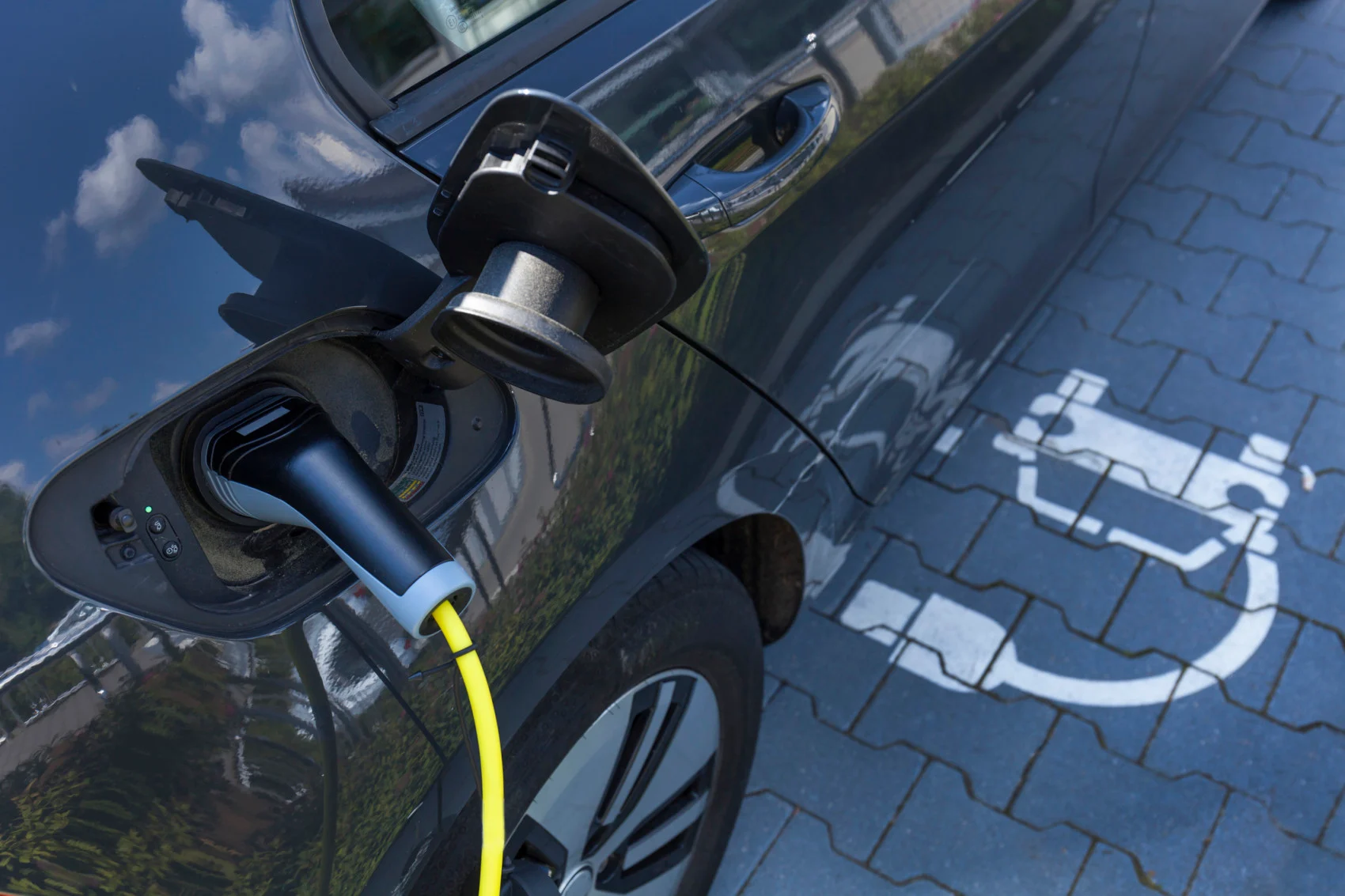
Greater climate ambition is needed in the transportation sector, experts say
Transport Day at COP26 produced key commitments and declarations for the transportation sector.
As the second week of proceedings culminated at the Glasgow climate summit, a sector of great importance took centre stage. Wednesday was Transport Day at COP 26.
The focus on the transportation sector saw the announcement of a host of accords and declarations involving international commitments, with Canada an active participant. On the table were zero emission vehicles, maritime shipping, and aviation.
A cornerstone of the policy advancements was the Zero Emission Vehicle (ZEV) declaration, launched early on November 10, with dozens of participants, including 33 countries and 11 automobile companies.
The signees have committed to “rapidly accelerating the transition to zero emission vehicles to achieve the goals of the Paris Agreement.”
“In Canada, transportation is one of the only two sectors whose emissions are still rising, alongside the energy sector, and it represents 25 per cent of our emissions,” Andréanne Brazeau, the Sustainable Mobility Policy Analyst for Équiterre, told the Weather Network.
“Between 1990 and 2018, emissions from freight transport through shipping, aviation, and rail have increased by 16 per cent,” Brazeau added.
Among the governmental signatories are the UK, Israel, and Canada (as well as Quebec and British Columbia). Other notable signatories include India, the fourth-largest global auto market; several important auto markets in Latin America such as Mexico and Chile; and automakers like Ford, GM, Mercedes-Benz, and Volvo.
While the three top auto markets—the US, China, and Japan—have not signed on, there is hope that the declaration will pressure them into change. Regarding the US, for example, two thirds of their export market, accounting for billions of dollars in exports, intend to accelerate the phase-in of zero emission vehicles.
Canada, alone, accounts for 40 per cent of the US automobile export market.
Another policy agreement, the Clydebank Declaration, will see 19 signatory countries—including Canada—cooperate in the establishment of “green corridors” for maritime shipping. The goal is to accelerate zero emission shipping via the introduction of vessels running on zero emission fuels, an improvement to port infrastructure, and those green corridors.
Six such corridors will be in place by 2025. Canada committed to having at least a single zero emission shipping route from domestic ports.
“Ports play a key role in greening the marine transport sector and this initiative is a great start in making that happen,” Andrew Dumbrille, Lead Specialist, Marine Shipping and Conservation, World Wildlife Fund Canada, told The Weather Network.
“Over 80 per cent of the investment needed to green the shipping fleet has to take place on land and at ports,” Dumbrille continued. “Infrastructure like plugins to electrify vessels and the availability of renewable fuels at ports allows vessels to establish port to port green corridors for trade and to meet global supply demand sustainably.”
Brazeau added, “Although international shipping is only responsible for about three per cent of total global carbon emissions, this sector's emissions are expected to rise because of increasing freight transportation needs as countries like Canada keep their consumption levels very high, especially since the pandemic, and as their population grows.”
Canada also joined the International Aviation Climate Ambition Coalition, which will aim to “advance ambitious actions to reduce aviation CO2 emissions at a rate consistent with efforts to limit the global average temperature increase to 1.5°C.”
Despite the raft of new policies and promises, not all climate experts agree that enough was accomplished to ensure the framework is in place to meet the Paris agreement targets. The aviation declaration, in particular, is decried as “too weak” by institutions like Transport & Environment (T&E).
A criticism of the declaration published by T&E calls it “just another distraction from real measures to clean up flying in the near term” and notes that signatory countries have not adequately addressed aviation emissions in their domestic climate targets.
Of the shipping declaration, Brazeau said, “While the commitment in itself is good news, since it sends a signal to shipping businesses and encourages change in practices, it is also one more headline announcement among the many that we've seen so far from the Canadian government, with few deployment plans or strategies.”
“With the shipping sector currently recognized as a hard-to-decarbonize sector, current announcements are nowhere near enough,” Brazeau noted. “We have to invest in solutions that will reduce its emissions, but we also need to rethink our way of producing, buying and delivering stuff in a way that is also fair to developing countries.”
Dumbrille also said, “In Canada we don’t have marine shipping GHG and Black Carbon emission reduction targets, nor a plan and strategy to meet those targets, and lack funding to make it happen. Without targets and a plan, the marine transportation sector...won’t be compelled to make investments and drive innovation.”
“The imperative of the climate crisis means rapid and ambitious action, and to keep to 1.5°C warming that means a target of zero emissions by at least 2050,” Dumbrille continued. “Currently the global industry target set by the International Maritime Organization is nowhere near that.”
Meanwhile, protesters gathered outside the city chambers in Glasgow to make known their demands for improved access to quality, affordable public transportation and advocate for cycling.
An open letter to global transport ministers spearheaded by Greenpeace and the European Cyclists Federation called for “urgently leveraging” the cycling solution by “radically scaling up its use,” through an investment in “safer,” “integrated,” and “equitable” cycling worldwide.
“There is absolutely no doubt,” Brazeau agreed, “that more ambition is needed in the transportation sector.”
Thumbnail credit: Westend61/ Getty Images






